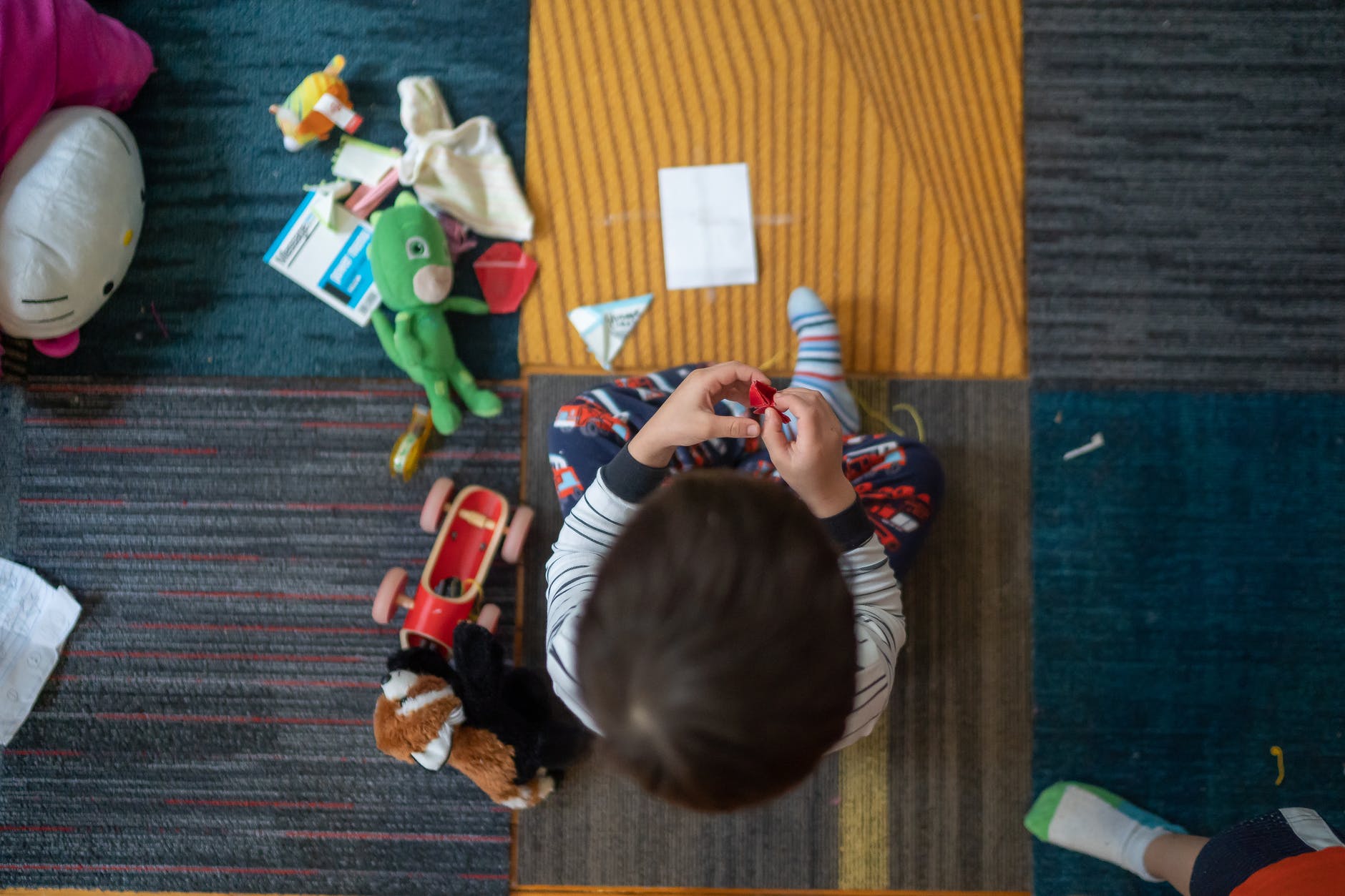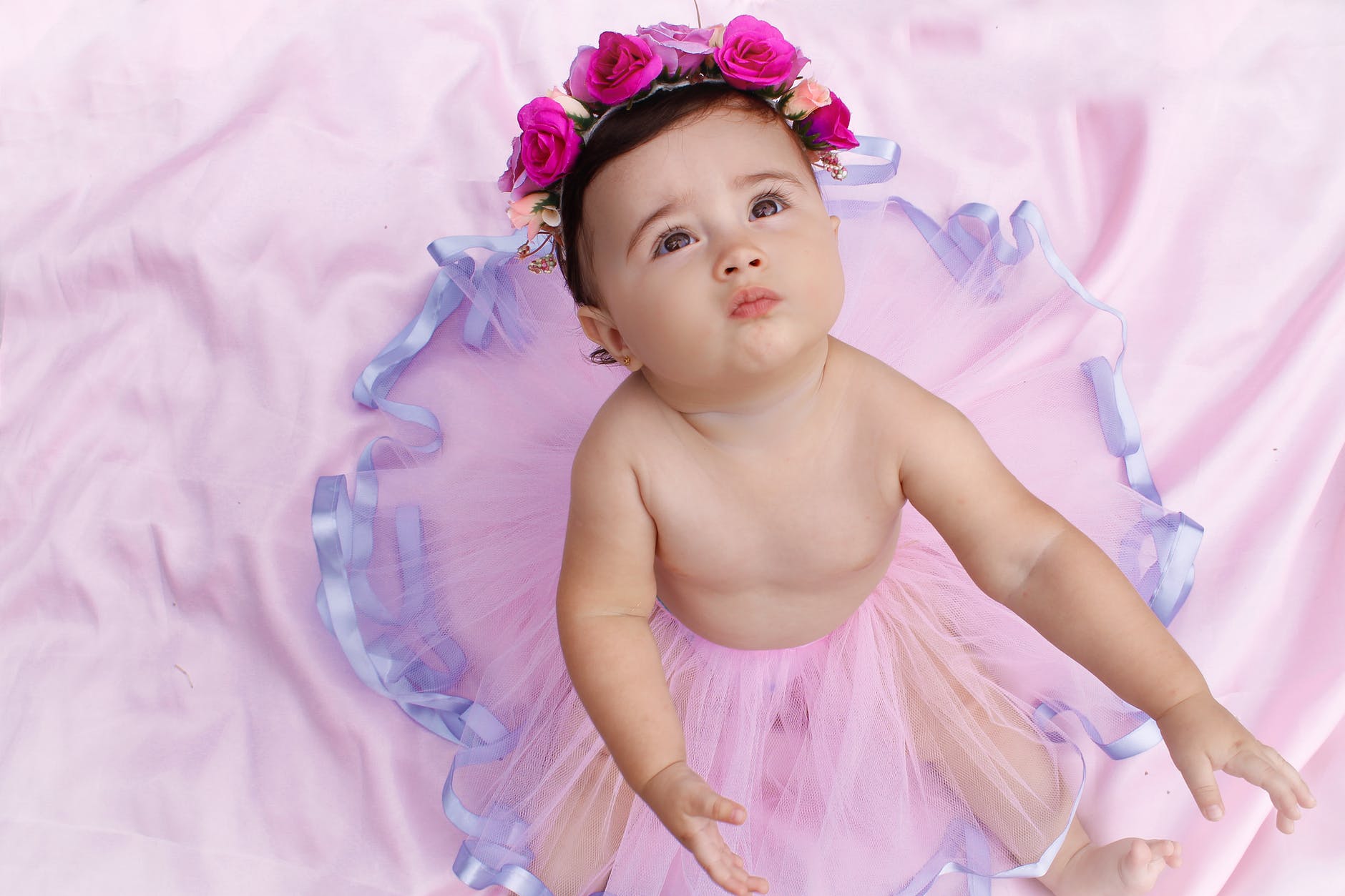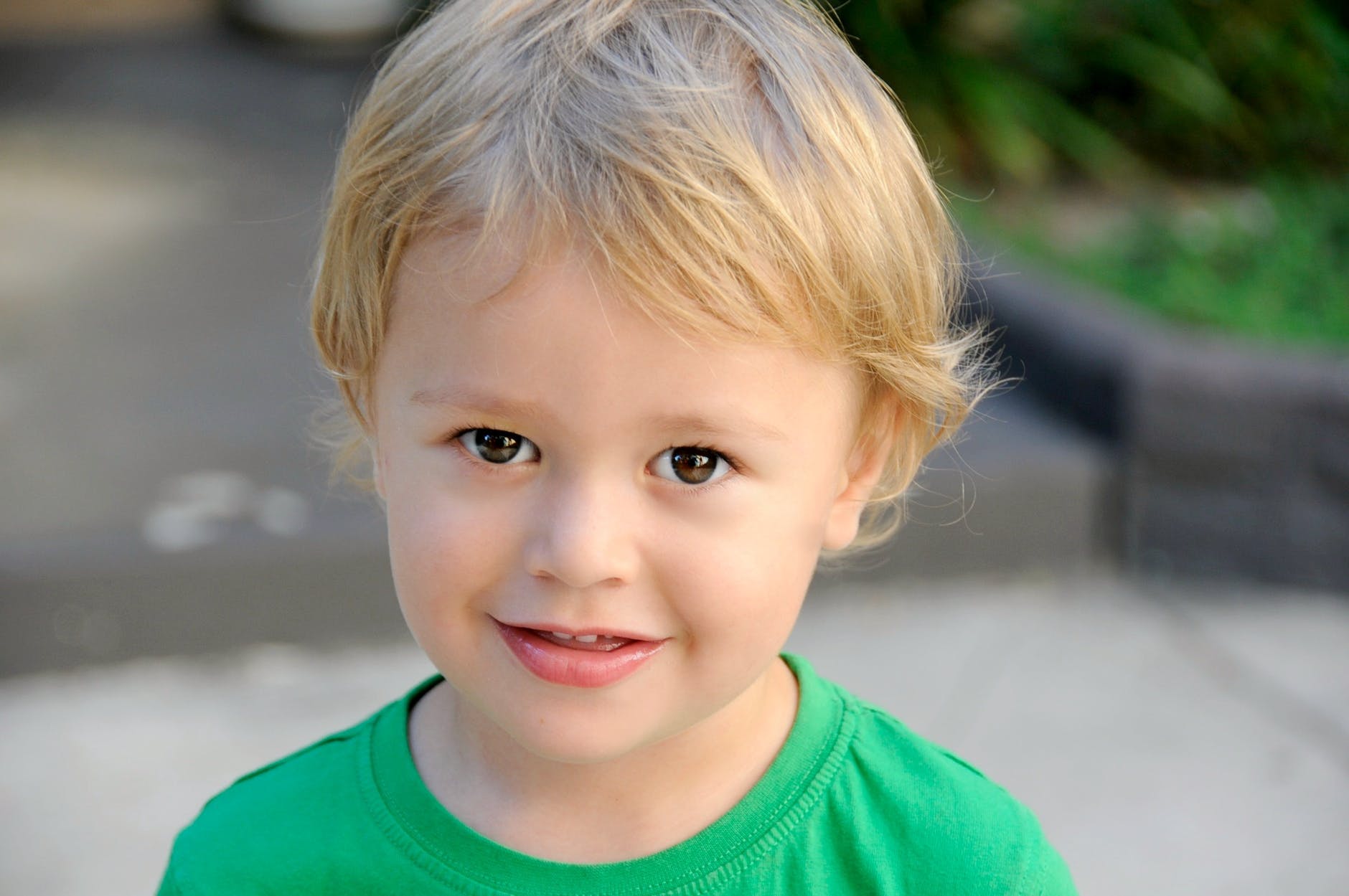Any psychologist worth their salt will tell you that you should never deal in absolutes – the words ‘always’ and ‘never’ shouldn’t be a part of a rational discussion – but sometimes, there are words we can say should almost never cross a parents lips when dealing with sensitive little ones.
We know that adults’ words have a huge impact on developing minds, and since what parents say to their children has very real consequences in their future, near and far, here are are 7 words to avoid at all costs.
7. Selfish

Image Credit: Pexels
Children are inherently egocentric, and it’s not until the age of 3 that they begin to develop the ability to understand that other people have thoughts and feelings both similar to, and different from, their own.
Selfishness presumes malice, and children are simply dealing with a brain that’s not fully developed – they truly don’t understand why other people feel differently than they do.
You can and should teach kids about consequences and how they affect the way other people feel, but understand that working on empathy will largely be a one-sided fight until they enter preschool.
6. Smart
It’s not wrong to praise your child, but praising things they have no control over typically isn’t the way to go. Sure, a child might have a high IQ, but it might also be the case that they’ve acquired the tools to problem solve, or have otherwise worked to attain that intelligence.
In addition, a child who has been constantly told how smart he/she is, it could be difficult when they inevitably have to navigate a situation where learning something new, or completing a task, is difficult for them.
Instead of smart, try saying “I really like the way you stuck with that until you figured it out,” or “I’ve seen how hard you’ve been trying and I’m proud of you.”
5. Princess

Image Credit: Pexels
If a little girl has adopted the label herself because she’s inspired by real-life or fantasy princesses, then it’s fine if she wants to be addressed as such. But if she hasn’t, parents shouldn’t be pigeonholing little girls into a princess box if she doesn’t want to be stuck there.
4. Stupid
Calling a child “stupid” is incredibly damaging, and is doubly so when said by an adult who claims to love them.
Once they realize it means the adult thinks they are intellectually dumb, it can be internalized and contribute to a bleak academic future, along with devastating low self-esteem.
3. Heartbreaker

Image Credit: Pexels
Why would you want to sexualize a little boy? That’s what putting a child in the context of romantic love and sexuality at a too-young age essentially does, but it also introduces boys to the idea that they hold power over the opposite gender.
Also, why would you want to encourage your child to break anyone’s heart, or to insinuate that would somehow be a desirable trait?
2. A$$hole
It has become somewhat fashionable for parents to refer to their kids as a$sholes online, but really, your kids are just being typical kids with underdeveloped brains and emotions – the adults are the ones who are supposed to be able to control their words and emotions.
And remember, your children won’t be too young to follow you on social media forever…
1. Bossy

Image Credit: Pexels
Generally, this derogatory term is applied to little girls who want to lead during playtime with her peers. If it’s shocking to you, please consider that gender indoctrination could be to blame, and that there is nothing odd about, or reason to discourage, a girl from taking the reins.
She can be assertive, have ideas, direct others, and have confidence, and those traits should be just as lauded in her as they would be in a boy.
All children can use direction when it comes to delivery, so that their leadership comes across more palatable, but that’s a different matter altogether.
As a parent, I strive to remember these every single day – even when it’s hard.
What other words and phrases do you avoid with your littles? Tell us in the comments!
